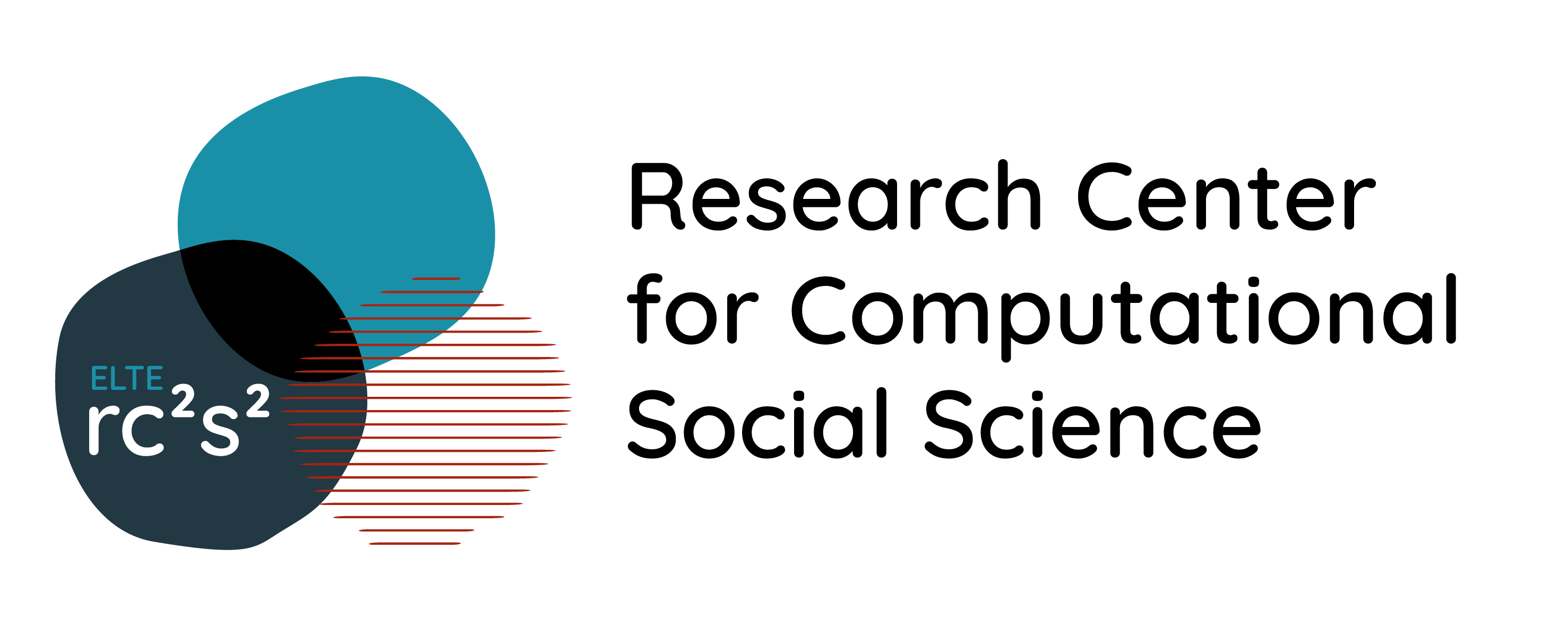Polish historical narrative is dominated by an ethno-nationalistic perspective that marginalizes the experiences of non-Polish groups. For decades it has been forced by conservative circles and in recent years became official interpretation of the history, to which historical policy and school curriculum are subjected. Particularly sensitive in this context is the narration about World War II used by politicians to construct national pride and identity based on a mythologised vision of the Polish experience admitting either suffering or heroism. Little critical reflection on the complexity of the Holocaust phenomenon, denial of the study results on diverse attitudes of Polish society towards the extermination of Jews, public criticism and hate campaigns against scientists investigating the Holocaust is the context in which Holocaust education is implemented.
In spite of overloaded curriculum, growing scrutiny by central authorities and fear of acting against official historical narrations some teachers do not give up in passing the knowledge about the diverse heritage of Poland and difficult aspects of the country’s history. There are also institutions that keep supporting teachers with trainings, educational materials and programs. The presentation will focus on the context and the attempts to face challenges in the field of Holocaust education in Poland.
